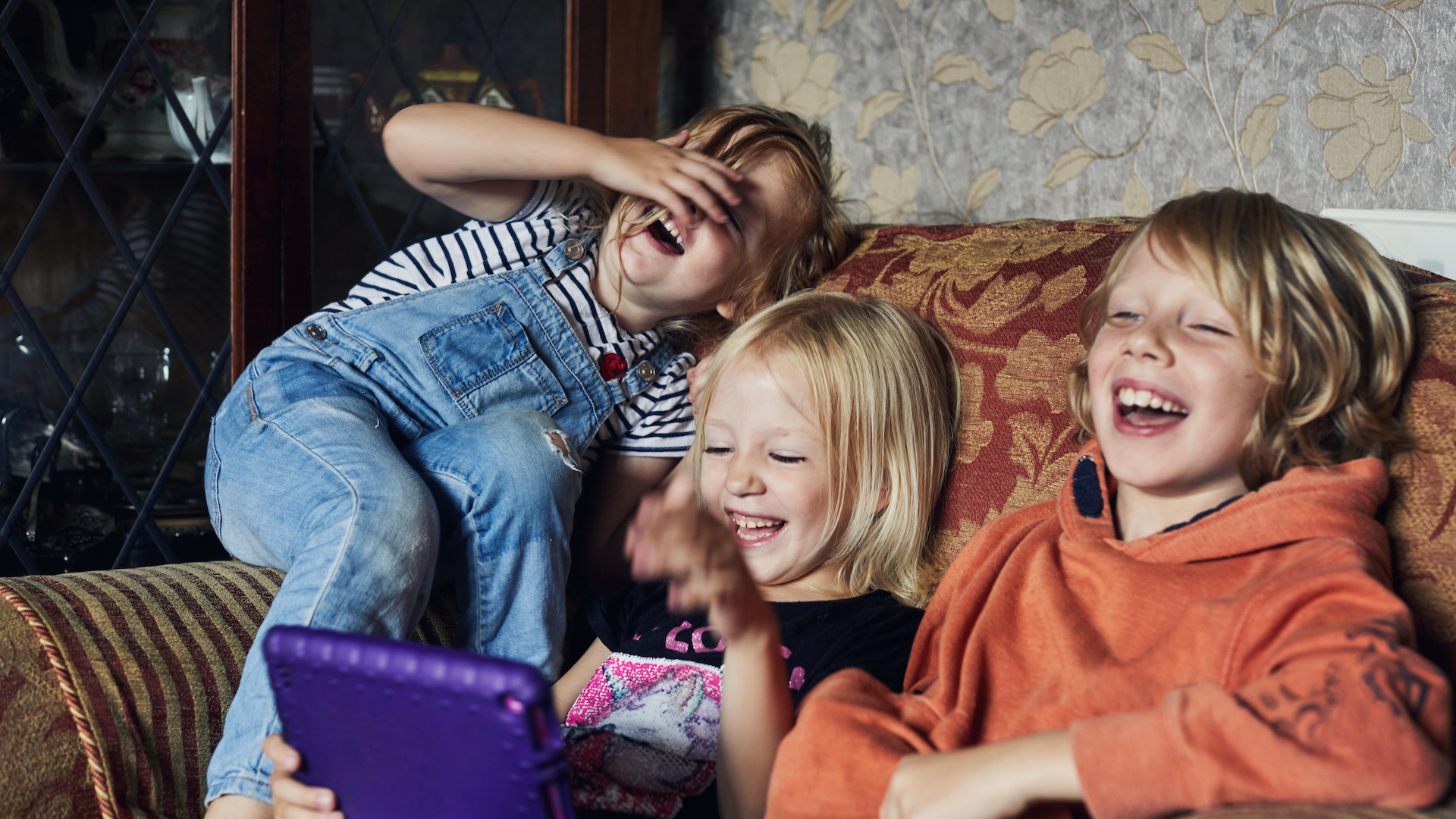
Center kids, rejoice: A brand new examine finds that you just’re extra agreeable, sincere and humble than your older and youthful siblings.
However do not crow too loudly at your vacation meal (not that you’d, being so humble). The analysis contradicts earlier massive research on delivery order and persona and can probably want extra analysis to duplicate the findings.
Stereotypes abound
There are many pop-psychology stereotypes about how one’s delivery order impacts persona, from the overachieving first born to the peacekeeping center kids to spoiled infants of the household. However most analysis has not supported these stereotypes. A 2015 commentary within the journal PNAS famous that research over 20 years discovered wildly contradictory outcomes, with some exhibiting very sturdy correlations between persona traits and delivery order and others discovering none in any respect. Many of those research had been small, non-representative samples.
In 2015, two research with massive samples had been revealed. One checked out 20,000 folks within the U.S., U.Ok. and Germany and tried to search out relationships between delivery order and persona traits as measured by the Massive 5 – 5 normal psychological classes of persona which can be well-supported by analysis. (They’re extraversion/introversion, agreeableness, openness to expertise, neuroticism and conscientiousness.) The opposite examine did one thing related with a pattern of 272,000 U.S. adults who attended highschool in 1960 and are a part of a long-running examine referred to as Challenge Expertise.
Neither examine made a lot of a case for delivery order influencing persona. The three-country examine discovered no relationship, whereas the Challenge Expertise examine discovered a really small relationship between intelligence and being an older sibling, maybe suggesting that older siblings profit from educating their youthful siblings. Nonetheless, regardless of this statistically detectable distinction, a youthful sibling will nonetheless rating greater on an IQ check than their older sibling in 4 out of ten circumstances, the researchers wrote, which means the discovering has restricted energy to foretell intelligence in the true world.
Associated: Are these 4 persona varieties for actual?
New dataset
Now, a brand new examine argues that there are variations – and that crucially, they rely upon household dimension. This examine, revealed Monday (Dec. 23) within the journal PNAS, used a unique persona measure referred to as HEXACO, which was developed by Michael Ashtona and Kibeom Lee, the 2 authors of the brand new examine. HEXACO overlaps with the Massive 5 persona dimensions, however with some variations. Its classes are honesty/humility, emotionality, extraversion, agreeableness, conscientiousness and openness to expertise. Agreeableness in HEXACO means an inclination towards flexibility, grace, and forgiveness, whereas agreeableness within the Massive 5 is outlined by heat and cooperation.
The researchers used knowledge from hexaco.org, the place anybody can take a persona check to search out out the place they fall on this scale. For 710,797 people, that they had details about delivery order. For one more 74,920 people, that they had details about each delivery order and variety of siblings. (These research don’t differentiate between step-siblings, half siblings or different organic relationships, as a substitute defining siblings as some other kids within the family.)
On this dataset, the researchers discovered that center kids had the best scores for honesty/humility and for agreeableness, adopted by youngest siblings, then oldest, then solely kids. In addition they discovered that the extra siblings an individual had, the upper they scored in these identical traits.
As a result of non secular households are inclined to have extra kids, the researchers managed for religiosity and located that faith defined about 25% of those variations, however that also left delivery order and household dimension chargeable for the remainder. The variations between siblings are small, however the authors speculate that they might be because of the compelled cooperation that happens in massive households.
“A commonsense risk is that when one has extra siblings, one should extra continuously cooperate reasonably than act on egocentric preferences,” Lee and Ashtona wrote. “This ongoing state of affairs would possibly then promote the event of cooperative tendencies typically.”
These findings are usually not more likely to be the final phrase in delivery order analysis, nonetheless. In 2020, for instance, one other examine trying to find variations between solely kids and youngsters with siblings turned up no variations in narcissism. And a 2019 examine evaluating solely kids and other people with siblings utilizing HEXACO discovered solely vanishingly small variations.
